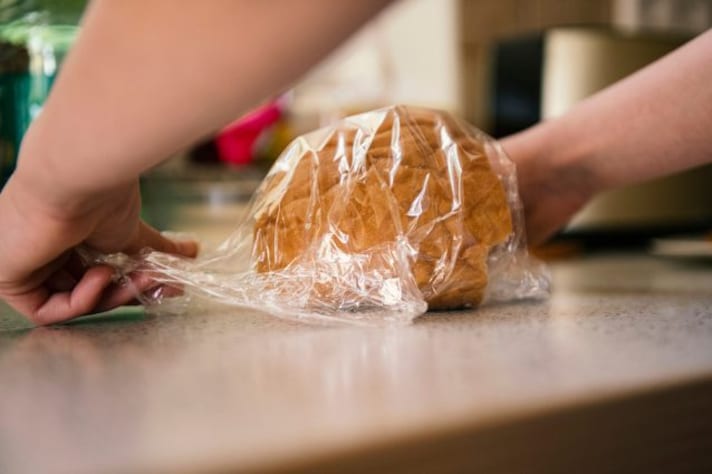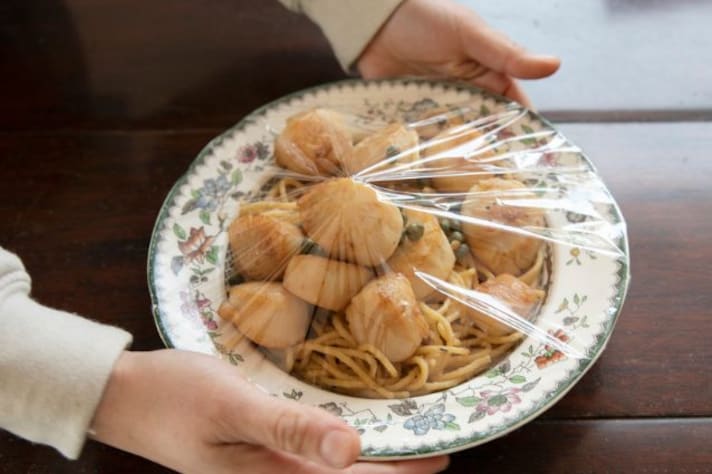How Safe is Plastic Wrap for Food? A Look at Its Composition and Uses
Did you know that the secret behind plastic wrap’s stretchy, clingy magic lies in its chemistry? Plastic wrap, a staple in kitchens worldwide, does much more than just cover leftovers – it has some fascinating science behind it.

Plastic wrap, also known as cling film, is typically made from two types of materials: polyvinyl chloride (PVC) or low-density polyethylene (LDPE). These materials allow the wrap to stretch and cling, making it perfect for preserving food and keeping moisture at bay. While both materials serve the same purpose, they have distinct properties, which influence how we use them.
PVC-based Wrap
PVC, or polyvinyl chloride, is commonly used in plastic wrap for its excellent clinginess and flexibility. PVC wraps are well-suited for covering various types of dishes because they stretch easily and adhere tightly to surfaces, preventing air from seeping in and keeping food fresh. However, PVC-based wraps are less popular today because of concerns over potential chemical leaching when used on fatty or acidic foods.
LDPE-based Wrap
Low-density polyethylene (LDPE) is the other popular material. Unlike PVC, LDPE is known for being safer in direct food contact, as it doesn’t carry the same risks of chemical leaching. While it may be slightly less clingy than PVC, LDPE-based plastic wrap is more resistant to temperature changes, making it ideal for use in the refrigerator or even light heating applications.

Why Are There Different Types of Plastic Wrap?
The choice between PVC and LDPE often comes down to food safety and environmental impact. PVC-based wraps provide a tighter seal, which many people prefer for preserving food’s freshness. However, concerns around potential chemical migration from PVC to food have led to the increased use of LDPE or other alternatives.
LDPE plastic wraps are generally considered safer, particularly for wrapping high-fat or acidic foods. Today, many brands are also exploring biodegradable wraps and compostable alternatives to minimise the environmental footprint of plastic products.
How Safe Is Plastic Wrap for Food?
Most plastic wraps are safe for general food storage, but it’s essential to understand how to use them properly. Avoid heating food in PVC-based wraps, as they may release harmful chemicals under high temperatures. Instead, if you need to heat food in a wrap, opt for LDPE or look for microwave-safe options, typically indicated on the packaging.

For eco-conscious consumers, biodegradable and plant-based wraps offer an excellent alternative to traditional plastic. These wraps use natural polymers or wax-coated fabrics and can be composted after use. While not as clingy as traditional plastic wraps, they provide an eco-friendly choice for food storage.
;Resize,width=767;)
;Resize,width=712;)
;Resize,width=712;)

